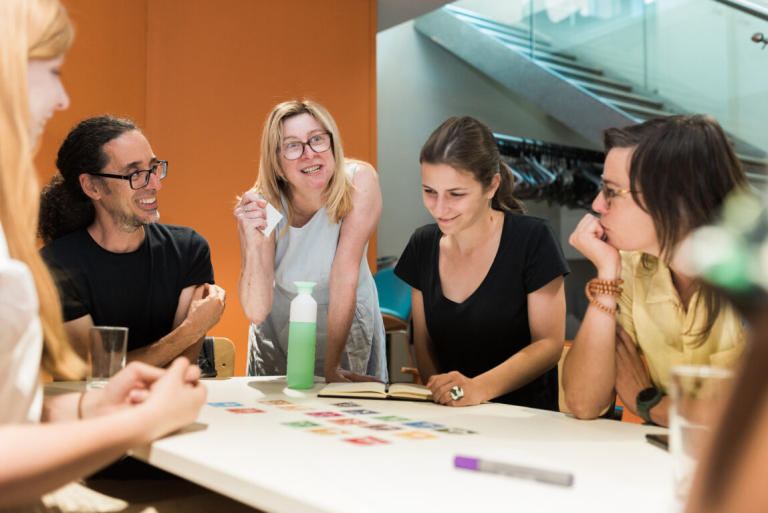Responsible EdTech for Impact: A Collaborative Approach
28 September 2022
The UCL Centre for Digital Innovation, UCL Institute of Education and the UCL Faculty of Engineering, along with London EdTech Week strive to revolutionise responsible EdTech through collaborative initiatives.

In the realm of educational technology (edtech), the pursuit of making a positive impact is at the forefront of industry, academia, and investment discussions. As technology increasingly intertwines with education, researchers, policymakers, and industry leaders are on a quest to understand how technology can enhance learning outcomes and teaching quality.
Impact investors, driven by the dual goals of financial return and societal benefit, are turning their attention to education as a promising arena for making a meaningful difference. While the majority of impact investments are currently channelled toward environmental and sustainability issues, the edtech sector is poised for a substantial influx of over $112 billion in impact investment funds by 2026.
This focus on edtech's potential to expand access to quality education aligns with global objectives, including the 17 Sustainable Development Goals (SDGs) set by UNESCO and others. Educational technology, powered by advancements in artificial intelligence (AI) and learning analytics, has already demonstrated its capacity to individualize learning, inform teaching practices in real time, transform student assessments, predict academic and well-being outcomes, and empower students in regulating their own learning.
However, the road to realizing the full potential of edtech is far from straightforward. From an impact investment standpoint, achieving both profitability and meaningful educational impact presents significant challenges. Measuring impact in education is inherently complex, with results often less quantifiable than other impact investments, making success and failure less apparent.
In the wake of the COVID-19 pandemic, the surge in online learning has prompted global children's organizations like UNICEF and the Lego Foundation to emphasize the need for edtech providers to consider their products' impact on learners seriously. Nevertheless, many top educational apps fail to adhere to core principles of quality learning, raising questions about the educational value they offer.
While the responsibility for better edtech isn't solely on industry shoulders, the edtech sector and investors could benefit from closer collaboration with academia. By engaging with academic research, edtech companies can gain a deeper understanding of learning science, evidence-based decision-making, and impact measurement.
Similarly, academics can benefit from industry connections to bring their research-driven innovations to market, preventing valuable interventions from languishing after research funding ends. This collaborative approach can lead to transformative partnerships that drive innovation, align with global objectives like the UN SDGs, and create positive social and technological change.
University College London (UCL) exemplifies this collaborative ethos by actively promoting partnerships across diverse stakeholders to tackle global challenges. UCL's Centre for Digital Innovation (CDI), Institute of Education (IOE), and Faculty of Engineering are at the forefront of addressing responsible edtech and AI issues, leveraging UCL's strengths and alliances with industry leaders.
As the edtech landscape evolves, UCL stands as a beacon of innovation, forging connections that transcend silos, drive positive change, and contribute to achieving the UN SDGs. To explore the comprehensive efforts and initiatives undertaken by UCL in the realm of responsible edtech and AI, we invite you to access the full whitepaper Responsible EdTech for Impact, which delves into the impactful work across these world-leading UCL departments. Join the conversation and be part of the journey towards a future where edtech truly transforms education for the better.
 Close
Close

